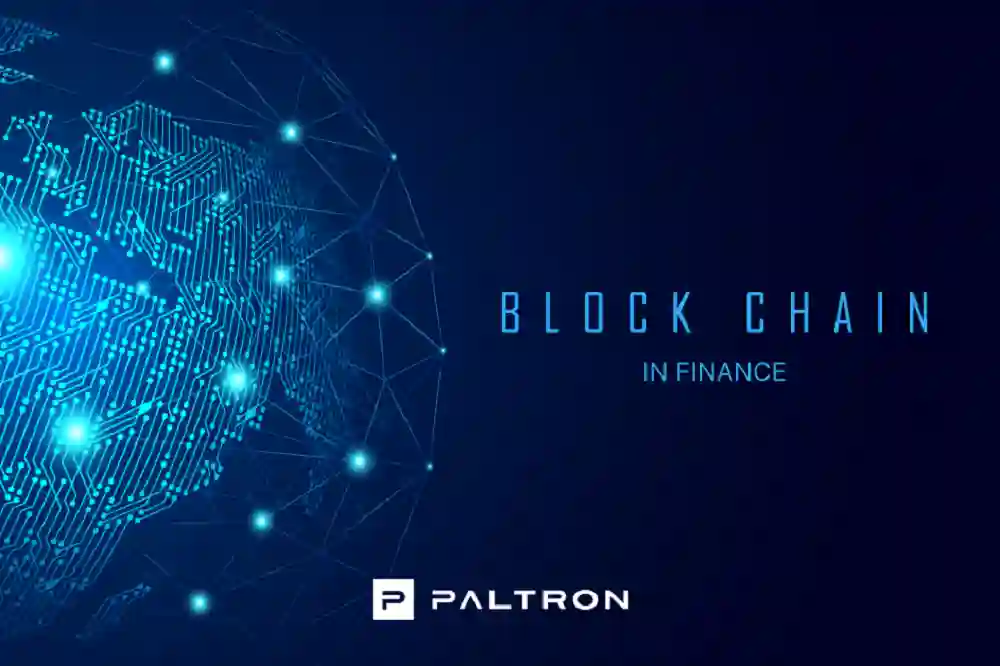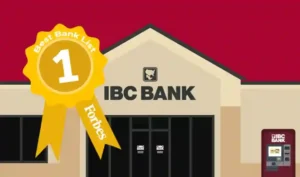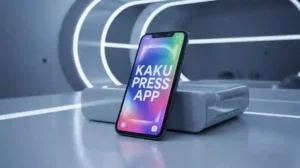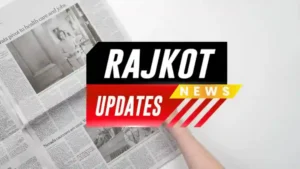The Role of Blockchain in Business and Finance

Alright, here’s the scoop. Blockchain—yeah, that word you’ve probably heard buzzing around everywhere from Bitcoin to business conferences—isn’t just some techie jargon. It’s an actual game-changer in how businesses and finance are being redefined.
Imagine it like this: I used to think blockchain was a buzzword to impress my friends at a party (it’s not). But over the past few years, I’ve realized that, much like my attempts at homemade pizza, it’s far more complicated than it seems—and it’s definitely more powerful than I first gave it credit for.
What Exactly is Blockchain, Anyway?
Let’s break it down. Blockchain is a decentralized ledger system. Picture a notebook—one you can’t erase from, pass around freely, and lock every entry with a super-secure lock. Every time something’s written down, it’s added to a “block” of data, and every subsequent action makes the entire chain stronger.
I know, it sounds pretty sci-fi, but think about it like your most precious family recipe, written down in a diary that no one can alter. Now, toss it into a massive web where everyone has access to the original and can’t scribble anything out. That’s blockchain.
Blockchain in Business: Who Needs It?
Fast forward to today. Blockchain in business isn’t just for the cryptocurrency nerds. I mean, sure, Bitcoin is a cool party trick—but its real power? It’s in the everyday stuff. From big corporations to mom-and-pop shops, the ability to securely log transactions and streamline processes is pretty damn slick.
1. Transparency and Trust: It’s Like Yelp, But More Secure
Alright, let’s talk trust. A business is only as good as its word, right? Blockchain helps businesses build trust by making records transparent and hard to fake. If I had a dollar for every time I had to double-check if someone was pulling my leg on an online marketplace—well, I could probably fund a blockchain startup.
Anyway, here’s the kicker: In the world of blockchain, every transaction, every movement, gets locked in the chain. It’s like having a permanent receipt for everything—no more funny business. The beauty is that this transparency helps businesses and consumers keep things honest.
- Trust-building: You can see everything. Like those times I could’ve sworn I saw “$1.99” for a burger, but my receipt said $2.50—now that can’t happen.
- Fewer Frauds: With blockchain in business, trying to fake a record becomes way more hassle than it’s worth.
- No More Grey Areas: Businesses get a clear, accurate history of their dealings.
2. Smart Contracts: When Your To-Do List Does It All
Now, onto smart contracts. These bad boys are like the self-checkout lines at Walmart—but less likely to screw up your coupon discount. Think of them as automated contracts where everything is coded to self-execute once terms are met.
For example, in my “yikes, did I forget to water the plants again?” phase, I could have used a smart contract to automate the process. What if, instead of waiting for me to water my garden (which didn’t happen), a smart contract could trigger an automatic delivery of water from a local supplier if it detected I hadn’t done my job? Now, that would’ve saved my poor succulents.
Blockchain in Finance: It’s Like My Bank Account…But Way Cooler
Alright, let’s get into the money talk. If you think blockchain is just for tracking avocado toast purchases on crypto apps, think again. Blockchain in finance is creating some serious waves. Cross-border payments, decentralized finance, and faster transactions? They’re all being transformed by this tech.
3. Payment Systems: Out With the Old, In With the Blockchain
Cross-border payments, international transfers… all those bank fees, right? I don’t know about you, but I’ve definitely spent more time than I care to admit on hold with my bank trying to get my payment processed. Blockchain has swooped in and said, “Hey, we can make this way faster, way cheaper.”
If you’ve ever tried wiring money internationally (shoutout to that time I spent hours trying to send money to a friend in another country), you know that it’s like walking through molasses. Blockchain removes the middleman—boom. No fees. No delays.
4. Supply Chain: The Lost Art of Not Getting Scammed
Anyone who’s tried to return an item to a large retailer knows the pain of wondering whether that item is really what it says it is. I bought a “genuine” leather jacket last winter, and—well, turns out it wasn’t. Blockchain in business helps track products from their roots all the way to the checkout. Every step gets recorded. No more scammy sellers pulling fast ones on us.
You know what’s cool, though? Local businesses can use blockchain too. Remember Pete’s Hardware on 5th Ave? They’ve started using blockchain to track their products’ journey from manufacturers to their shelves. You can trace whether that new drill was ethically sourced or not—no shady dealings allowed.
5. DeFi: Welcome to the Wild, Wild West of Finance
Okay, buckle up. Decentralized Finance (DeFi) is like the digital version of the Wild West. No banks, no fees, no hassle. It’s all done peer-to-peer using blockchain. So, you can borrow, lend, trade—without involving any financial institutions. The DeFi movement is like if you could ask your buddy for a loan, but with a foolproof contract that says, “Hey, you’re gonna pay this back on Tuesday, right?” and it’s all coded and backed by the blockchain.
It’s honestly mind-blowing how much it changes things. I’ll admit, the first time I tried lending on a DeFi platform, I was nervous, but hey—no middlemen means I don’t have to wonder about how my loan is being handled.
Security: It’s Like a Fort Knox for Your Data
Blockchain doesn’t just make your transactions faster—it makes them safer. Cybersecurity? Yeah, blockchain’s got that covered. You’ve probably heard the stories of companies getting hacked—trust me, I’ve had my data stolen once or twice. With blockchain, everything is encrypted and stored in a way that’s nearly impossible to mess with.
6. Cybersecurity: Almost Unbreakable, Really
Data security isn’t just a buzzword anymore. It’s a must. Blockchain’s decentralized nature means it’s harder for hackers to target—because there’s no central “weak spot” to exploit. You know how you’re always worried about clicking on a link that’ll lead to your data being exposed? With blockchain, those worries are minimized.
Challenges: Wait, It’s Not All Sunshine and Rainbows
Here’s the thing: Blockchain in business and finance is wicked awesome, but it’s not exactly smooth sailing yet. There are some hurdles. Regulatory confusion, scalability issues, and yeah—the complexity of actually setting it up can all be a bit much. Don’t get me started on the learning curve. Trust me, it’s real.
7. Regulation: The Big Grey Area
The government and regulatory bodies are still trying to figure out how to handle blockchain and its wild cousins, cryptocurrencies. That means businesses can be a little wary. And hey, I get it. Trying to navigate this regulatory maze felt like trying to figure out the rules for Monopoly—no one’s on the same page, and it’s easy to make mistakes.
So, Is Blockchain the Future?
Fast forward past three failed attempts at understanding blockchain, and here’s what I’ve come to realize: It’s not just a trend. Blockchain’s potential is enormous. It’s about trust. It’s about speed. It’s about cutting out the nonsense.
And while the learning curve’s steep (I still don’t fully get why Bitcoin can’t just “be” on my phone and not in a digital wallet), blockchain is the future. No doubt about it.







